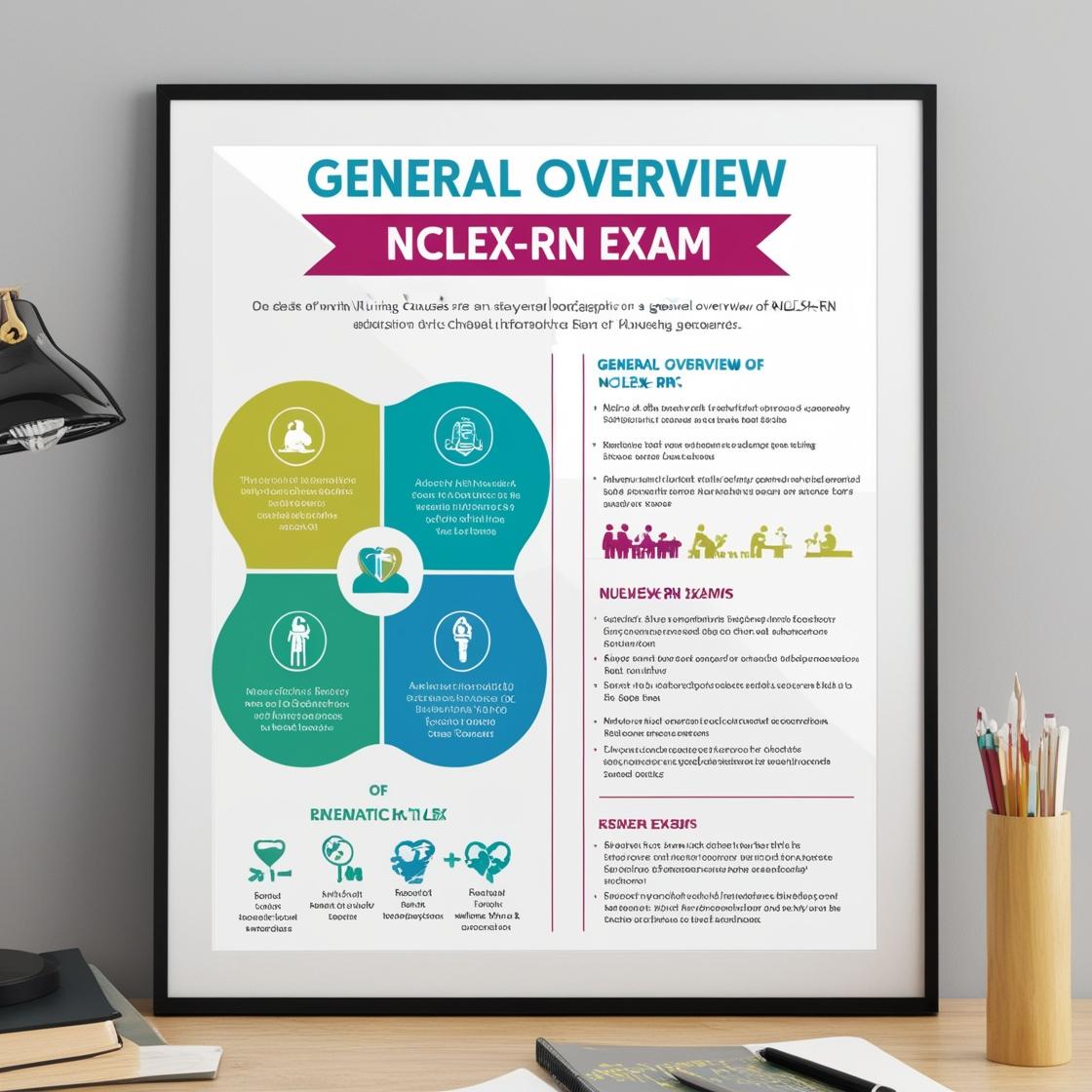NCLEX-RN
NCLEX Psychosocial Questions
1. A staff nurse expresses frustration that a Native American patient always has several family members at the bedside. Which action by the charge nurse is most appropriate?
- A. Remind the nurse that family support is important to this family and patient.
- B. Have the nurse explain to the family that too many visitors will tire the patient.
- C. Suggest that the nurse ask family members to leave the room during patient care.
- D. Ask about the nurse's personal beliefs about family support during hospitalization.
Correct answer: D
Rationale: The first step in providing culturally competent care is to understand one's own beliefs and values related to health and health care. Asking the nurse about personal beliefs will help achieve this step. Reminding the nurse that this cultural practice is important to the family and patient will not decrease the nurse's frustration. The remaining responses, such as suggesting that the nurse ask family members to leave the room or having the nurse explain to the family that too many visitors will tire the patient, are not culturally appropriate for this patient.
2. A toddler is 26 months old and has been recently admitted to the hospital. According to Erikson, which of the following stages is the toddler in?
- A. Trust vs. mistrust
- B. Initiative vs. guilt
- C. Autonomy vs. shame and doubt
- D. Intimacy vs. isolation
Correct answer: C
Rationale: The correct stage for a toddler who is 26 months old, according to Erik Erikson's stages of psychosocial development, is Autonomy vs. shame and doubt. This stage occurs between 18 months to 3 years of age. During this stage, children are focused on developing a greater sense of control and independence. Choice A, Trust vs. mistrust, is the first stage occurring from birth to 18 months, where infants learn to trust or mistrust their caregivers based on their care. Choice B, Initiative vs. guilt, is the third stage occurring from 3 to 5 years, where children start to assert themselves more. Choice D, Intimacy vs. isolation, is a stage occurring in adulthood, not relevant to a toddler's development.
3. Which behavior best indicates that the client has received adequate preparation for the scheduled diagnostic studies?
- A. Asks for the tests to be explained again
- B. Checks the appointment card multiple times
- C. Arrives early and waits quietly to be called for the tests
- D. Paces back and forth in the hallway on the morning of the tests
Correct answer: C
Rationale: The correct answer is arriving early and waiting quietly to be called for the tests. This behavior indicates that the client is prepared, as early arrival suggests an expected degree of anxiety and the quiet waiting indicates a lower level of anxiety and adequate preparation. Asking for the tests to be explained again may signal inadequate explanation, nervousness, or poor memory. Checking the appointment card repeatedly or pacing up and down the hallway indicate a high level of anxiety, which could be associated with inadequate teaching. Nurses providing preprocedural teaching should assess for anxiety related to procedures, coping mechanisms, and retention of information post-teaching. If issues are identified, strategies such as paraphrasing information, having a support person present, seeking advice from someone who has undergone the procedure, or visiting the test center beforehand can be utilized.
4. Which statement best describes the pathophysiology of dementia of the Alzheimer type?
- A. There is a genetic predisposition and dysregulation of neurotransmitters.
- B. The dementia is transient and secondary to a physical imbalance or disorder.
- C. Hypoxia and decreased perfusion of select areas of the brain cause tissue damage.
- D. The presence of amyloid plaques is associated with brain tissue destruction.
Correct answer: D
Rationale: In Alzheimer's disease, the accumulation of amyloid plaques in the brain is a hallmark feature. These plaques are associated with the destruction of brain tissue, contributing to the cognitive decline seen in dementia. Genetic predisposition and dysregulation of neurotransmitters are factors linked to the development of Alzheimer's disease, but the primary pathology lies in the amyloid plaques. Transient dementia is not characteristic of Alzheimer's disease, which is a progressive neurodegenerative disorder. Hypoxia and decreased perfusion are more typical of vascular dementia, where blood flow to the brain is compromised.
5. Which statement regarding an interpreter is correct?
- A. Relatives or friends of the client cannot serve as interpreters.
- B. The interpreter should aim to convey meaning rather than provide literal translations.
- C. Interpreting not only the language but also the culture is important.
- D. The interpreter should be available only during client-provider communication.
Correct answer: C
Rationale: The correct answer is that interpreting not only the language but also the culture is important. Health care facilities should provide professional interpreters to ensure accurate communication with clients who do not speak English proficiently. It is crucial for interpreters to understand and convey cultural nuances to prevent misunderstandings. Relatives or friends of the client should not serve as interpreters as they may not be impartial or adequately skilled. Providing literal word-for-word translations is not always effective as it may not capture the intended meaning. Interpreters should be available throughout the client's care process, not just during direct communication, to ensure effective and culturally sensitive care.
Similar Questions

Access More Features
NCLEX RN Basic
$69.99/ 30 days
- 5,000 Questions with answers
- Comprehensive NCLEX coverage
- 30 days access @ $69.99
NCLEX RN Premium
$149.99/ 90 days
- 5,000 Questions with answers
- Comprehensive NCLEX coverage
- 30 days access @ $149.99
